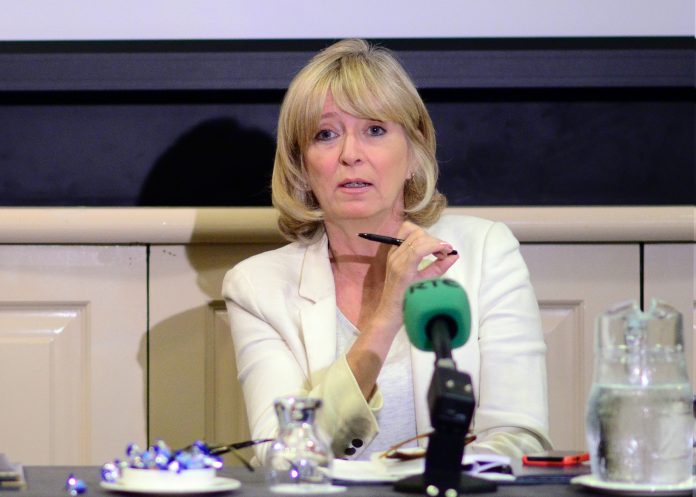European Ombudsman Emily O’Reilly welcomes the initiative of the Dutch government, which is supported by other EU governments, to improve legislative transparency in the Council of the EU. This follows a similar initiative in 2015.
Proposals to publish more legislative documents and allow for greater openness of trilogue negotiations to help greater citizen awareness of, and engagement with, EU law-making are broadly in line with recent Ombudsman recommendations. They will also help to show the shared responsibility for EU decision-making.
“Europeans have a right to know what their governments are doing in Brussels. As the six Member States supporting the initiative highlight, the Strategic Agenda of the European Council, to be agreed this week, is an opportunity to modernise EU decision-making, improve accountability and fight disinformation.” said Emily O’Reilly.
The Ombudsman opened an investigation into the transparency of the Council’s legislative work in 2017. Following an analysis of the practices of the Council by inspecting internal Council documents, and taking into account the results of a public consultation, the Ombudsman in 2018 made three Recommendations and six proposals for improving democratic oversight of the process. Her ideas were overwhelmingly supported by the European Parliament in early 2019.
“Despite many positive transparency improvements by the European Commission and Parliament in recent years, the Council, where governments meet, remains a ‘black box’ and it would be a positive move for all citizens if some of the larger member states in particular used their influence to help to get rid of the ‘blame Brussels’ culture. It is important to recognise the link between a lack of citizen understanding and engagement on the one hand and a corresponding lack of trust on the other hand which can fuel an anti-EU culture. Recognising the shared responsibility for decision-making, and not blaming ‘Brussels’ for decisions they themselves have taken, is one way that national governments can help to counteract that culture,” the Ombudsman added.
The Ombudsman also carried out inquiry into the transparency of trilogues, the informal negotiations between the Commission, Parliament and Council on draft laws. Her proposals to improve transparency included the setting up of a common legislative database.
The initiative is supported by the governments of Sweden, Ireland, Luxembourg, Estonia, Slovenia.

